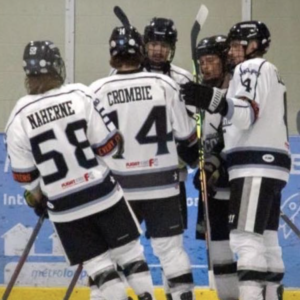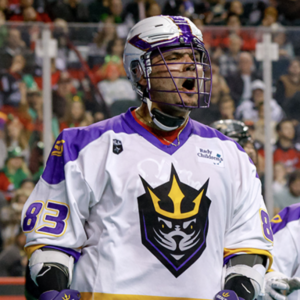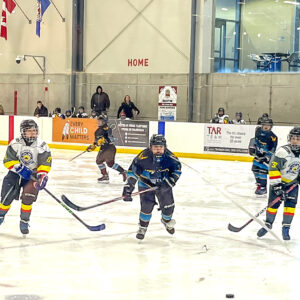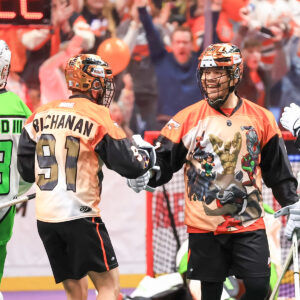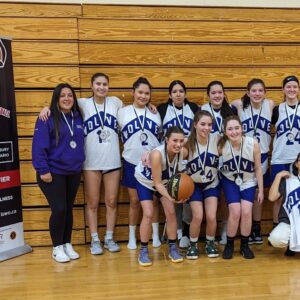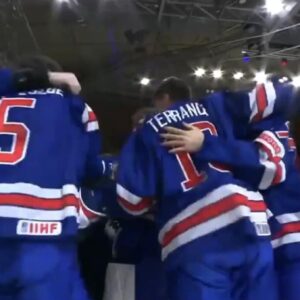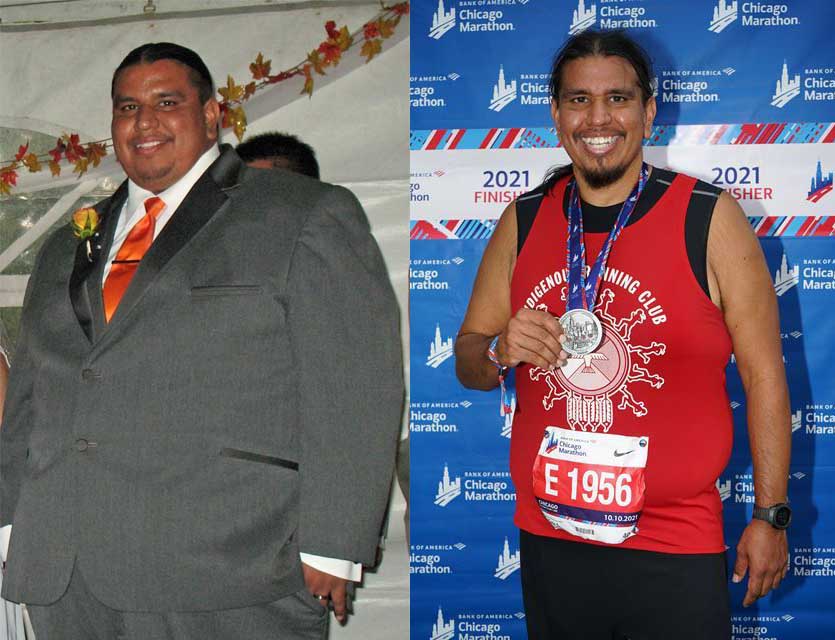
“A big thing for me is that I’m not a born and bred runner and I think it’s really important for people to know that, especially in our communities or anyone that’s Haudenosaunee, to know that if they wanted to run the Boston Marathon, there is possibility and there are ways to do it. To run the same grounds as Tom Longboat did, maybe not win it like he did, but to run it is a real possibility,” — Joel Kennedy
LONDON, ONT. — This year marks the 126th year for the Boston Marathon—a year that is hoped to have Haudenosaunee representation.
Joel Matthew Kennedy, a Bear Clan member of the Oneida Nation, is working towards his goal of running the marathon as a charity runner.
Kennedy began his health journey in 2015, losing nearly 150 pounds, and went on to start running, participating in marathons, beginning the Indigenous Running Club based in London in 2016, and working with community.
“What I feel like I have is the gift of sharing—being able to share my story, just to inspire people, not to necessarily become a marathon runner, a runner or anything, but just to improve their lifestyles knowing that I lost 150 pounds and changed my lifestyle completely. Part of it was fear of becoming diabetic. I was lucky that I wasn’t diabetic at the time, but I knew that I had to make changes because I was going down a path that would cause diabetes. For me, it was a realization when some of my friends, who were the same age as me, were diabetic at the age of 31. So I thought, ‘wow, this can happen to me,’” said Kennedy.
In January of last year, Kennedy was unfortunately exposed to Covid-19 and the virus affected his lungs, an experience that changed his perspective on running.
“I had heard from other people about not being able to run after having Covid, so I was really worried that I wouldn’t be able to run. Part of what got me through it was praying and thoughts and I remember thinking ‘I want to run for more than myself now,’ because up to that point I was always focused on improving myself. Yeah, I did offer the running club and I did help people too, but I felt like there was more that I could do,” he said, and last year, he raised funds for a youth enterprise through a 50km Ultra Marathon in Calgary.
This past year, Kennedy ran the Chicago Marathon, one of the six World Marathon Majors, in under six hours.
With his accomplishments abound, his story is what caught the attention of the Official Charity Program of the Boston Athletics Association, after he shared his journey in his application to become a charity runner.
“The first thing I tried to do was I tried to find an Indigenous organization—they pretty much didn’t exist. I believe there is one, but they don’t accept applications, they select their runners,” he said. “I came across another organization called the Peer Health Exchange, and that was the only one I submitted to.”
The Peer Health Exchange is an organization that began in 2006 to work with youth in the greater Boston area through supportive partnerships with high schools. He said that what pushed him to select the Peer Health Exchange was also its focus on BIPOC youth.
Just two runners would be selected to run the marathon on behalf of the organization.
“When I was contacted by the charity team, the representative said right away that she loved my story, loved my journey, and really hoped that the Peer Health Exchange would select me. But if they didn’t, she would find another organization because she really liked the story and where I have come from,” he said.
Fortunately, Kennedy was chosen and he acquainted himself with the organization and the second charity runner. He explained that the marathon is still tough to enter, and that 80 percent of the runners qualify by their run times.
“Boston isn’t an easy marathon to get into,” said Kennedy. “But there are a few ways to get in. One way is through fundraising like I am, and with fundraising there does come a minimum expectation that’s quite high.”
He explained that it wasn’t until his fourth marathon that his run time was under the six hour barrier, which is a requirement of charity runners. Another requirement calls for Kennedy to fundraise $10,000 in US dollars, which is just under $13,000 in Canadian dollars.
“It’s a huge goal and it’s a long journey,” he said, noting that he has garnered over $4,000 in Canadian dollars currently. “It kind of feels like it’s such a huge goal that I might not reach it, but I am going to try.”
Kennedy explained that his focus is to clear the $10,000 donation, pick up the race package on April 15, and run by the following Monday in Massachusetts.
“I do have until May 20, the month after to come up with the funds, but I feel like all of the momentum has to happen before it, because afterwards, it’ll be harder to raise money if the run is already done. I’m really reaching for that goal of April 18,” he said. “It’s also hard to ask people for money so what I’m trying to do is ask organizations for donations.”
He has since garnered a donation from the N’Amerind Friendship Centre, where he works as the Urban Aboriginal Healthy Living Coordinator.
Kennedy noted that the Boston Marathon is a bucket list item for many marathon runners, and that his way of qualifying is something he hopes inspires other Haudenosaunee people to trail-blaze and normalize pursuing and achieving their goals.
“A big thing for me is that I’m not a born and bred runner and I think it’s really important for people to know that, especially in our communities or anyone that’s Haudenosaunee, to know that if they wanted to run the Boston Marathon, there is possibility and there are ways to do it. To run the same grounds as Tom Longboat did, maybe not win it like he did, but to run it is a real possibility,” he said.
You can find and follow Kennedy’s fundraising efforts on Facebook: https://www.facebook.com/joel.m.kennedy.7.



